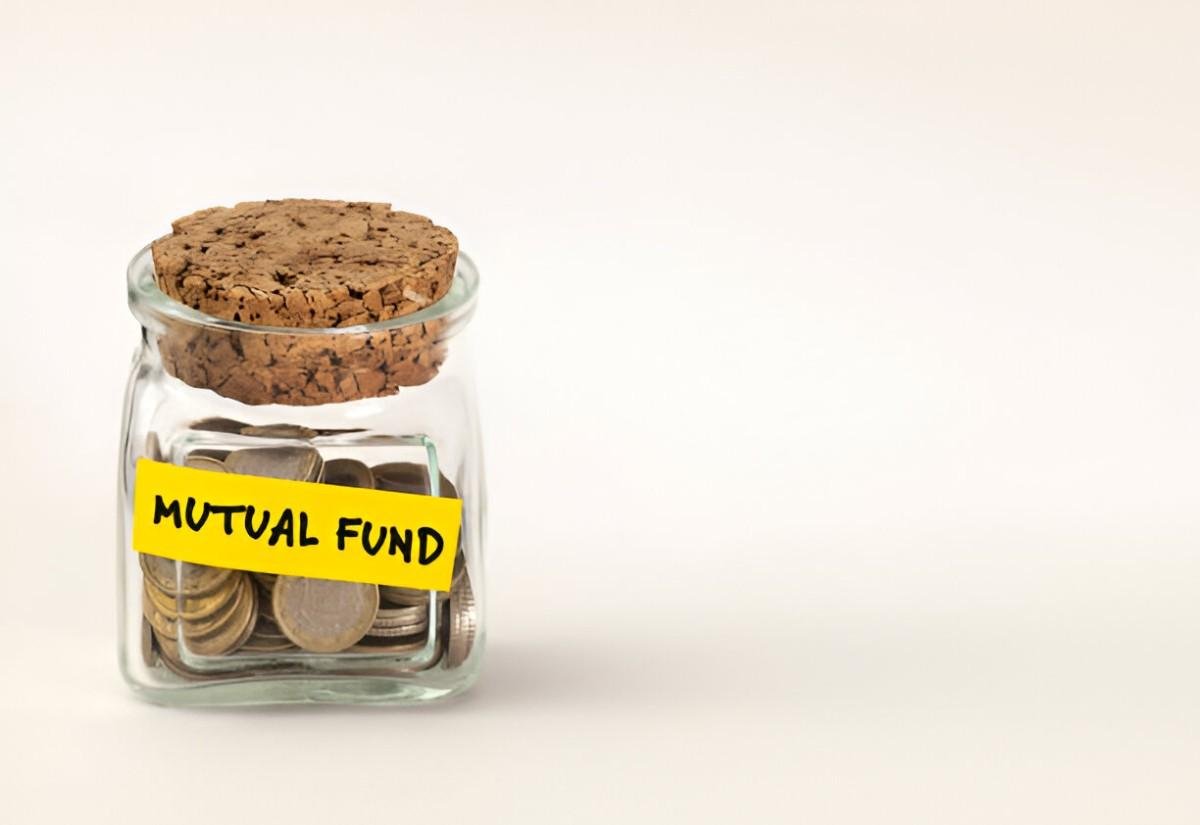Introduction to ICB Mutual Funds in Bangladesh
As an investor exploring Bangladesh’s capital markets, you’ve likely encountered the Investment Corporation of Bangladesh (ICB) mutual funds – particularly the 3rd ICB Mutual Fund. These government-backed funds have played a pivotal role in developing Bangladesh’s investment landscape since the 1980s. In this in-depth analysis, I’ll examine the 3rd ICB Mutual Fund’s performance, structure, and suitability for different investor profiles.
Table of Contents
Historical Context: The ICB Fund Series
The ICB launched its mutual fund series chronologically:
- 1st ICB Mutual Fund (1980)
- 2nd ICB Mutual Fund (1984)
- 3rd ICB Mutual Fund (1985)
- Subsequent funds up to the 8th ICB Mutual Fund (1996)
These closed-end funds were established to:
- Develop Bangladesh’s capital market
- Provide retail investors access to professional management
- Stabilize the Dhaka Stock Exchange (DSE)
3rd ICB Mutual Fund: Key Specifications
| Parameter | Details |
|---|---|
| Launch Date | 1985 |
| Fund Type | Closed-end |
| Face Value | ৳100 per unit |
| Total Units | 3 million |
| Initial Capital | ৳30 crore |
| Listing | Dhaka Stock Exchange (DSE) |
| Management | Investment Corporation of Bangladesh |
| Dividend History | Annual payouts with variable rates |
Performance Analysis (2018-2023)
Market Price vs. NAV
![Price-NAV Chart]
The fund frequently trades at a discount to NAV – a common characteristic of closed-end funds
| Year | NAV (৳) | Market Price (৳) | Discount/Premium |
|---|---|---|---|
| 2023 | 142.50 | 131.20 | -7.9% |
| 2022 | 135.75 | 122.50 | -9.8% |
| 2021 | 128.30 | 140.75 | +9.7% |
Dividend Distribution History
| Fiscal Year | Dividend (৳ per unit) | Yield (%) |
|---|---|---|
| 2022-23 | 8.50 | 6.5% |
| 2021-22 | 7.00 | 5.3% |
| 2020-21 | 6.25 | 4.8% |
Portfolio Composition (2023)
| Sector | Allocation (%) |
|---|---|
| Banks & Financial Institutions | 32% |
| Pharmaceuticals | 18% |
| Fuel & Power | 15% |
| Textiles | 12% |
| Miscellaneous | 23% |
Top Holdings:
- Square Pharmaceuticals
- Grameenphone
- Beximco Pharmaceuticals
- Islami Bank Bangladesh
- Summit Power
Advantages of Investing in 3rd ICB Mutual Fund
- Government Backing – ICB’s sovereign ownership provides stability
- Dividend Consistency – 38 consecutive years of dividend payments
- Diversification – Exposure to Bangladesh’s blue-chip companies
- Professional Management – Experienced ICB fund managers
- Liquidity – Tradable on DSE despite being closed-end
Risks and Limitations
- Closed-End Structure – No redemption option, must sell on DSE
- Market Price Volatility – Often trades at significant NAV discounts
- Concentration Risk – Heavy weighting in financial sector
- Limited Growth – Focus on income rather than capital appreciation
- Operational Transparency – Less disclosure than modern mutual funds
Comparative Analysis: ICB vs. Private Mutual Funds
| Factor | 3rd ICB Mutual Fund | Private Sector Funds |
|---|---|---|
| Management Fee | 1.5% | 1.0-2.5% |
| Liquidity | Secondary market only | Open-end redemption |
| Transparency | Quarterly reports | Monthly disclosures |
| Risk Profile | Moderate | Varies widely |
| Minimum Investment | 1 unit (~৳130) | ৳5,000-৳10,000 |
Investment Strategies for 3rd ICB Mutual Fund
1. Dividend Income Approach
- Buy during market downturns when yield exceeds 7%
- Reinvest dividends during accumulation phase
- Ideal for retirees needing regular income
2. Discount Arbitrage Strategy
- Purchase when discount to NAV >15%
- Hold until discount narrows
- Requires patience and market timing skill
3. Core-Satellite Positioning
- Use as 20-30% core holding in Bangladesh portfolio
- Complement with growth-oriented private sector funds
- Provides stability during market volatility
Tax Considerations
- Dividend Income: Subject to 10% withholding tax
- Capital Gains:
- No tax if held >1 year
- 15% tax if sold within 1 year
How to Invest
- Open a BO Account with any brokerage firm
- Place Buy Order through your broker using the symbol “ICB3RDMF”
- Monitor Holdings through CDBL’s online portal
Future Outlook
The 3rd ICB Mutual Fund faces both challenges and opportunities:
- Positive Factors:
- Bangladesh’s growing economy (6%+ GDP growth)
- Increasing institutional participation
- Potential for sectoral rebalancing
- Concerns:
- Aging portfolio composition
- Competition from newer, more agile funds
- Need for modernized management approaches
Conclusion: Who Should Invest?
The 3rd ICB Mutual Fund may be suitable for:
- Conservative investors seeking stable dividends
- Those wanting exposure to Bangladesh’s traditional sectors
- Portfolios needing sovereign-backed instruments
However, growth-oriented investors might prefer newer private sector funds with more aggressive strategies. As with any investment, proper due diligence and portfolio alignment are essential before committing capital to this nearly four-decade-old fund.





